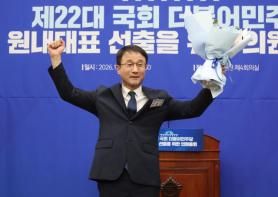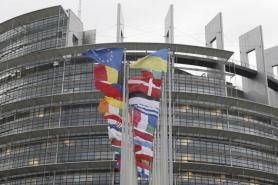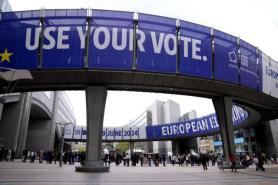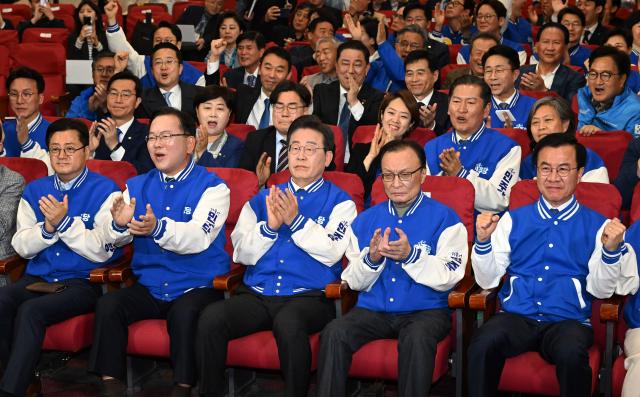
According to the poll, conducted by major TV networks, the DPK and its satellite party, "The Minjoo Union" for proportional representative seats, are expected to win between 184 and 197 seats. The ruling People Power Party (PPP) and its affiliated "People Future Party" are predicted to secure 85-99 seats. The Rebuilding Korea Party (RKP) led by former Justice Minister Cho Kuk, is expected to grab 12-14 seats.
The poll shows the opposition camp, including the DPK and the RKP, could win over 200 seats in total, enough to push for impeachment of President Yoon Suk Yeol. This landslide victory for the opposition side is expected to create a major upheaval in the nation's political landscape with Yoon still having three years to finish his five-year term.
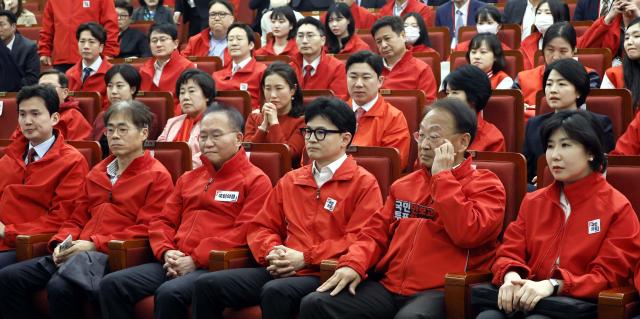
Currently, the opposing camp controls 142 seats in the 297-member unicameral National Assembly, compared to the main opposition group's 101 seats. The remainder is held by splinter parties and independents.
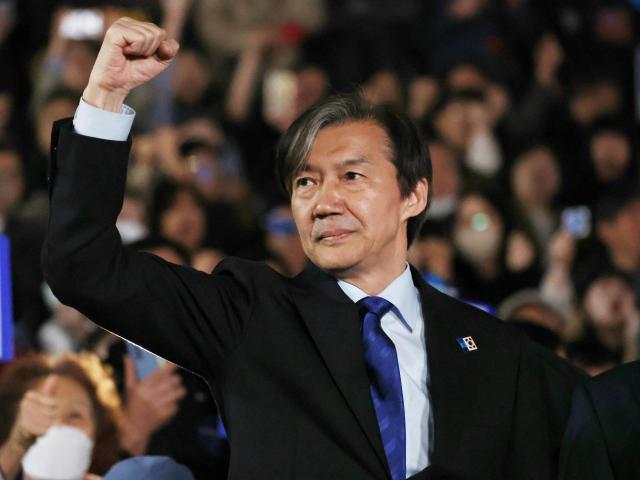
This year's parliamentary elections, covering legislators in 254 constituencies and 46 proportional representatives, were viewed as an interim evaluation of President Yoon's job performance, who assumed office in May 2022. Yoon's approval rating stood at 36.8 percent in the first week of April, according to pollster Realmeter. The 22nd parliamentary elections witnessed a voting rate of 66.2 percent.
Out of 44.28 million eligible voters, a record-high 31.28 percent cast ballots in the two-day advance voting, reflecting the public's keen interest in this year's parliamentary elections amid months of accelerated inflation. President Yoon's recent remarks sparked anger among many voters who are grappling with high consumer prices.
In March, the president visited a hypermarket operated by a state agricultural bank in southern Seoul and remarked, "Because I also often shop for groceries, I think 875 won ($0.65) is a reasonable price for a bundle of green onions." At that time, a single green onion cost about 1,000 won in supermarkets.
Copyright ⓒ Aju Press All rights reserved.


